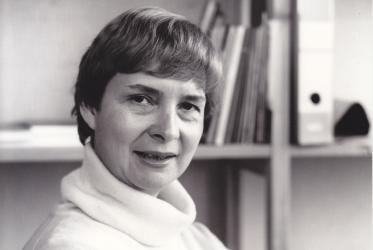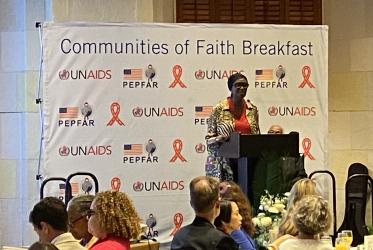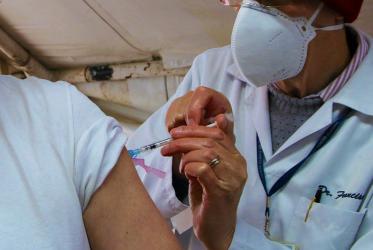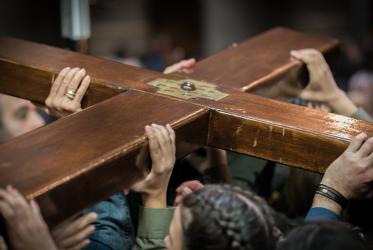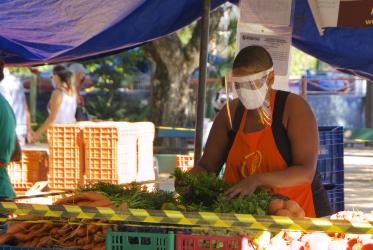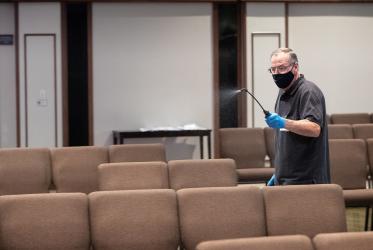Displaying 1 - 20 of 124
As femicide cases rises, Kenyan religious leaders move to act
06 February 2024
Rev. Edna Navaya: “We’ll be able to transform the church”
04 August 2022
Planting trees and working for peace in Palestine
26 January 2022
Scottish and UK religious leaders call for urgent climate action
20 September 2021
United Nations declares International Day of Human Fraternity
23 December 2020
Bible study addresses church identity in pandemic
17 September 2020




